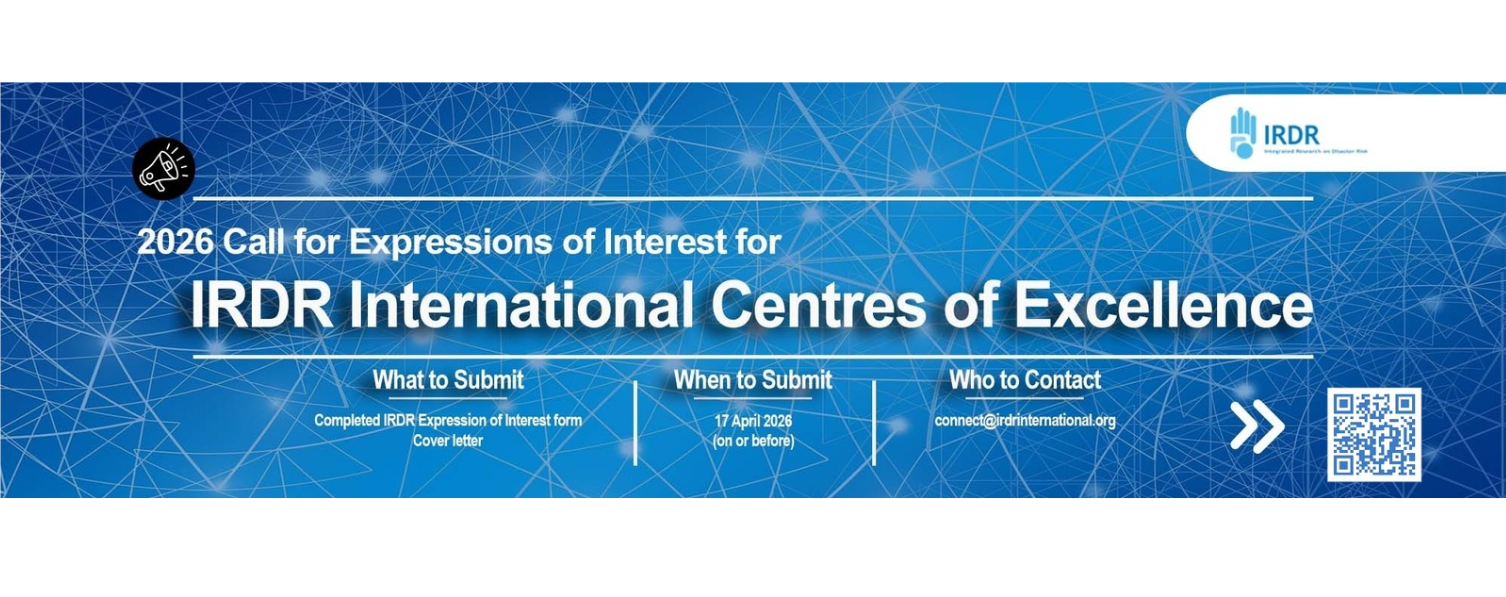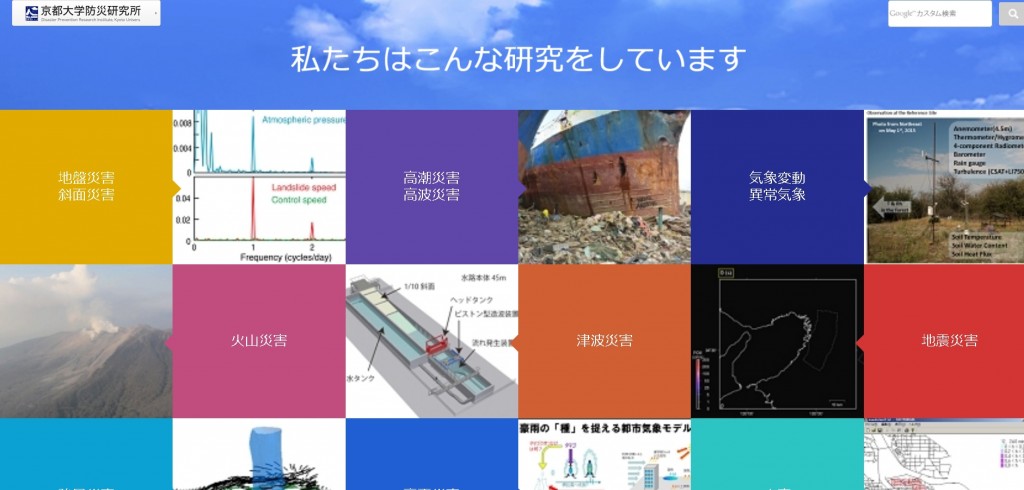  UN High Commissioner for Refugees: Climate Change and Displacement Victoria, Australia – National Climate Change and Agriculture Plan Agreed Flood forecasting a cyclone game-changer for Fiji Bangladesh to move Rohingya to flood-prone island Tasman fire review finds shortfalls in New Zealand’s preparedness for large-scale blazes UNSDSN TReNDS – SDG Financing Initiative Addressing the Challenges of Drafting Contracts for Data Collaboration  GFDRR: Communication during disaster recovery UNESCO Guidelines for Assessing Learning Facilities in the Context of Disaster Risk Reduction and Climate Change Adaptation UNDRR Work Programme 2020-2021 Data Sharing at Scale: A Heuristic for Affirming Data Cultures Citizen science and the United Nations Sustainable Development Goals  World Bosai Forum/International Disaster Risk Conference 2019 – (09-12 Nov, Sendai, Japan) Big data, Big Impact? The Future of Gender-Sensitive Data Systems – (New York City, 12 November) CODATA – VizAfrica Botswana (18-19 Nov, Botswana) Understanding Risk Europe – (27-29 November, Bucharest, Romania) Evidence for Policy School – (Jan 13-15 2020, Florence, Italy)  |
Disaster Risk Reduction and Open Data Newsletter | November 2019 Edition
06 November 2019
Related News & Events
27 February 2026
IRDR invites EoIs for ICoEs by 17 April 2026, with specific application requirements and non-duplication rules.
26 February 2026
Based on the MoU between IRDR and GADRI, the two organizations will promote the opportunities among their network. This position offered by Kyoto University calls for application with a deadline of 11 March 2026 (Open until the position is filled)
13 February 2026
IRDR will organize the 4th IRDR Young Scientists Lumos "Indigenous Knowledge for DRR – Bridging Wisdom and Innovation" on 4 March 2026. The deadline of applying for presentation is 23 Feb 2026.








